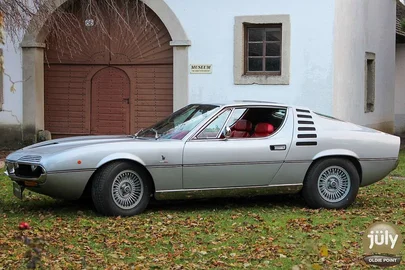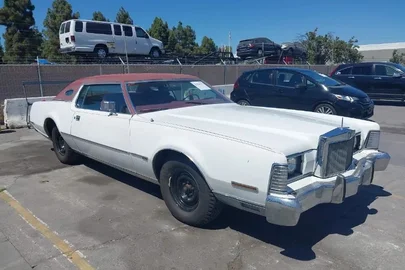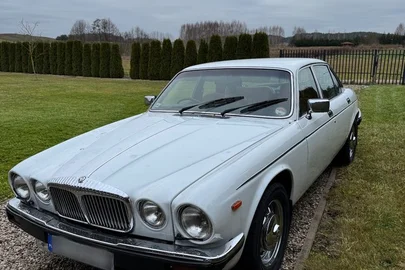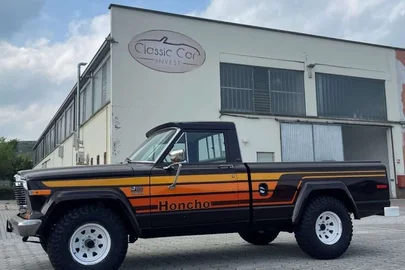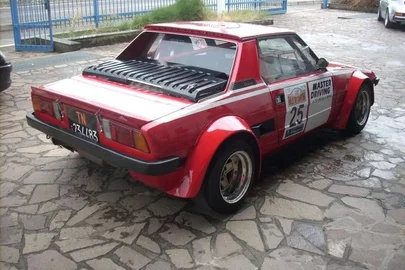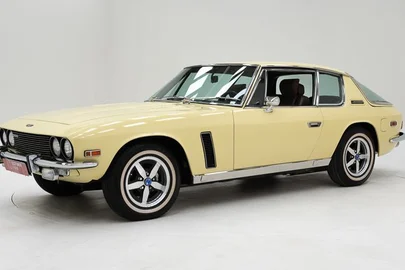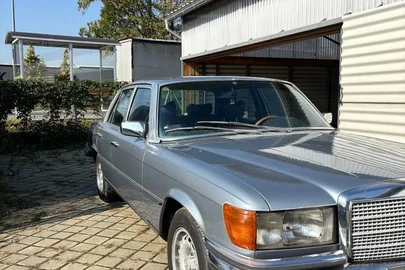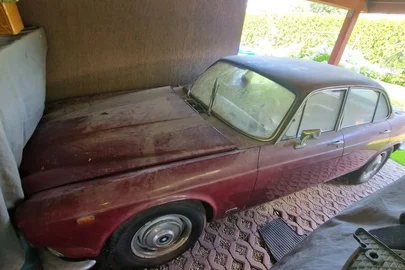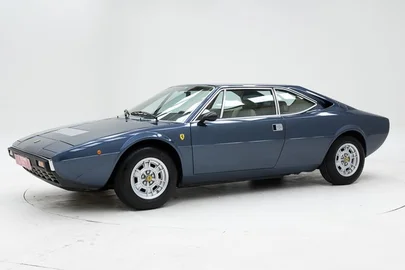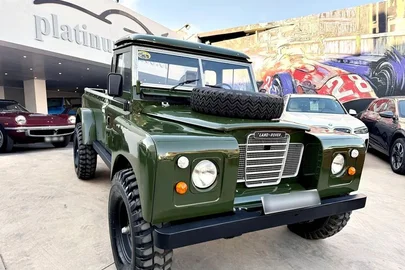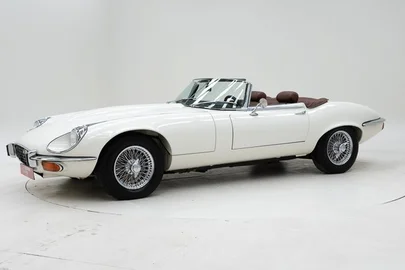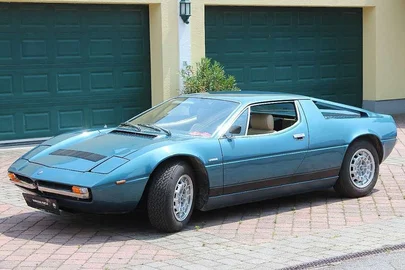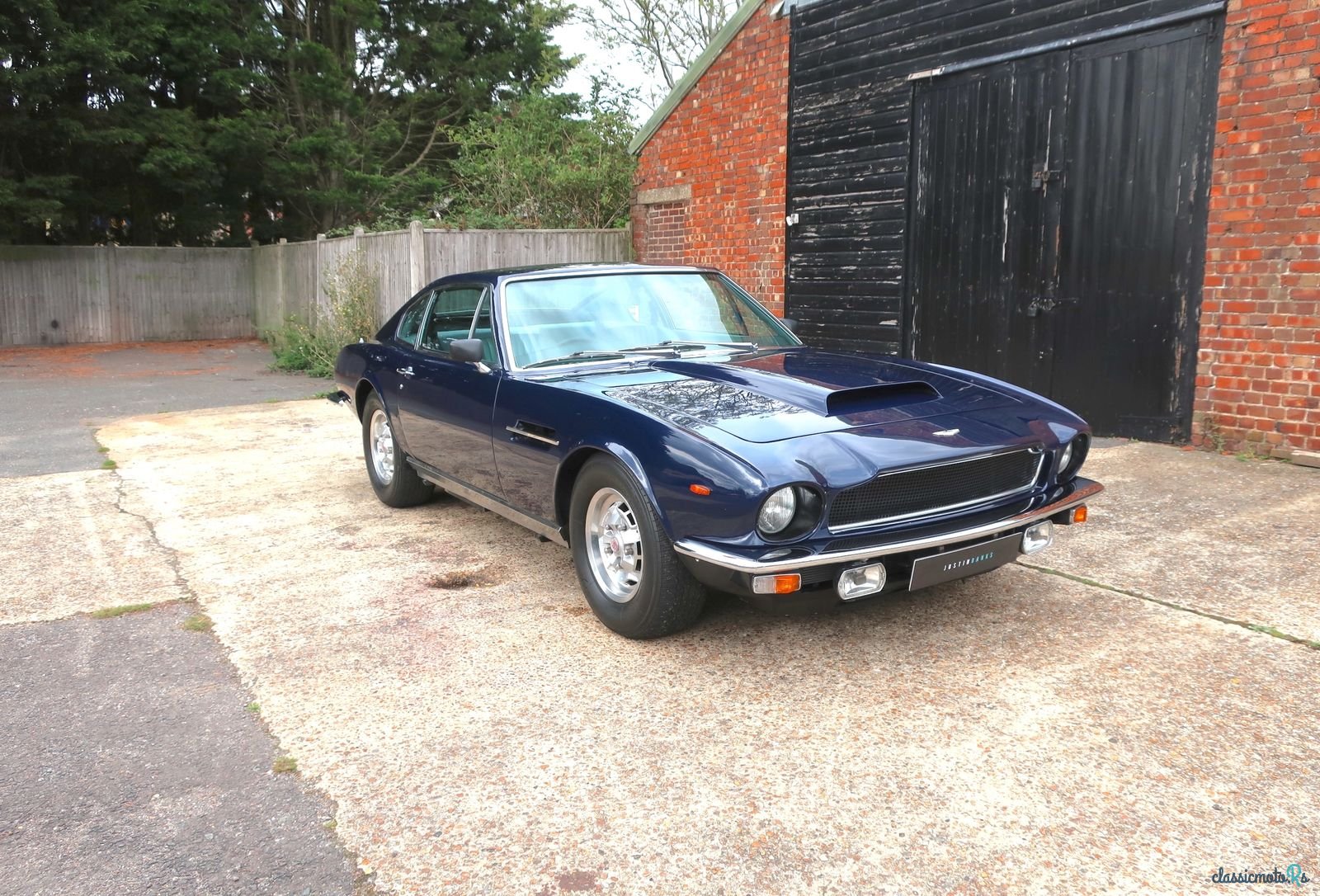

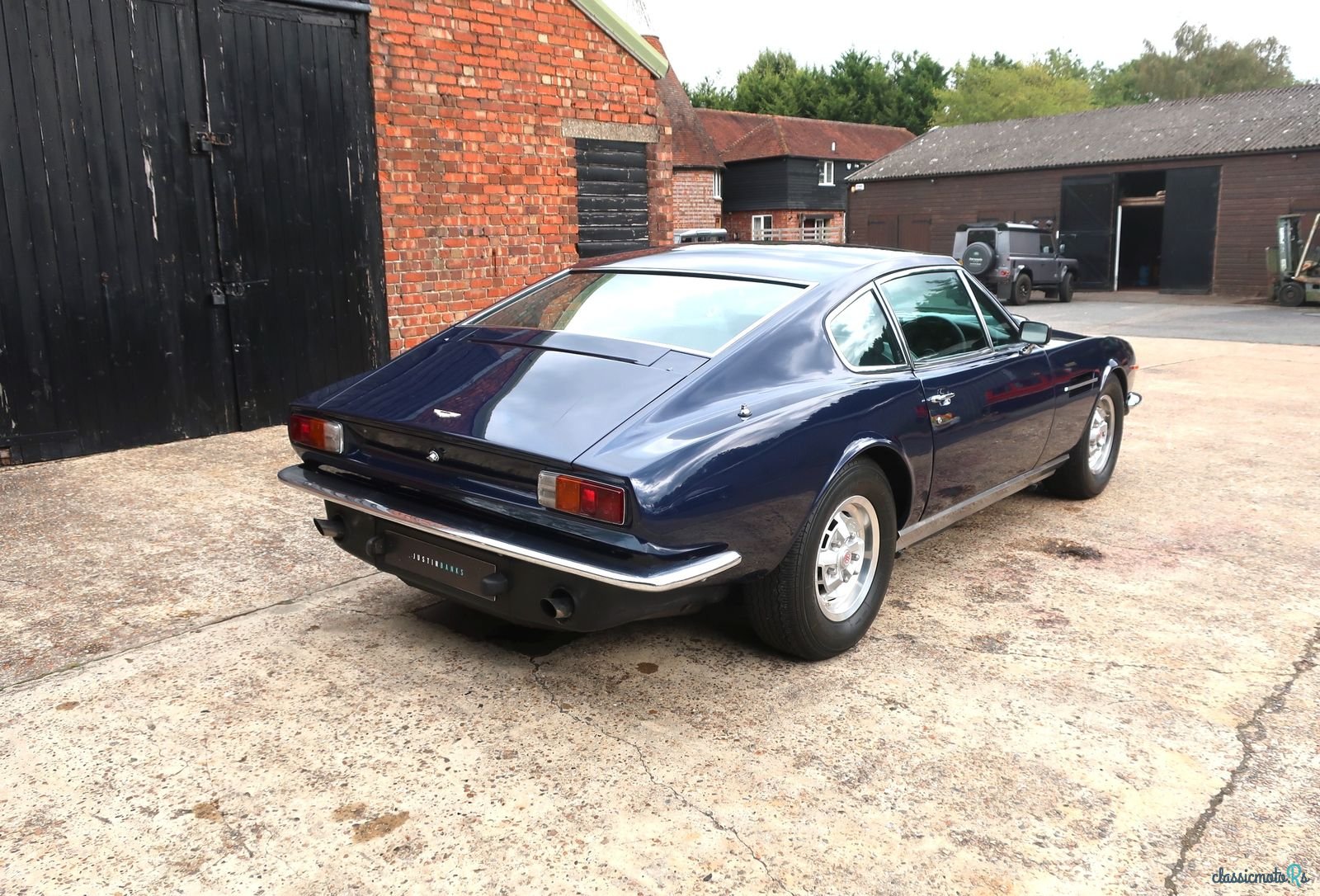
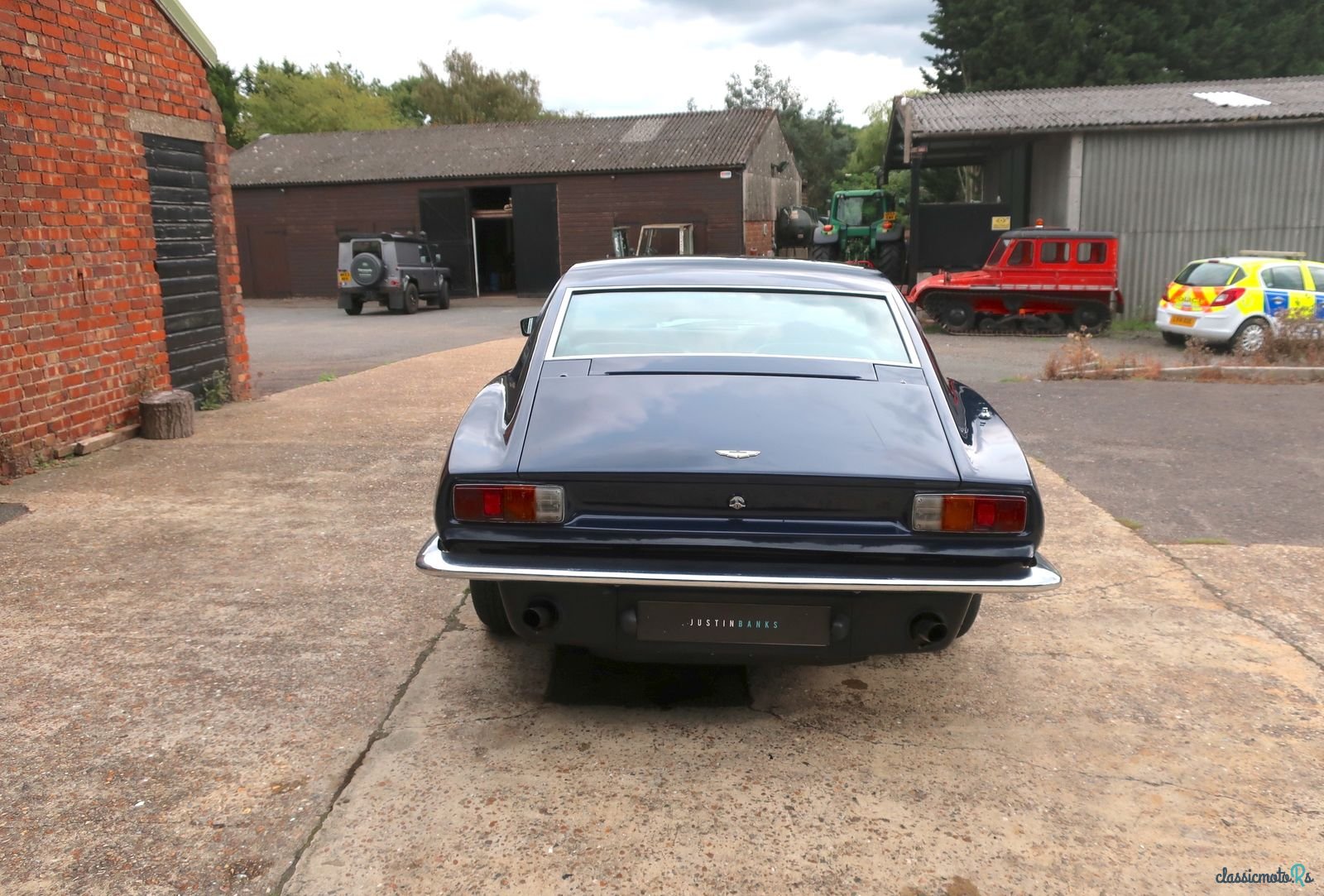
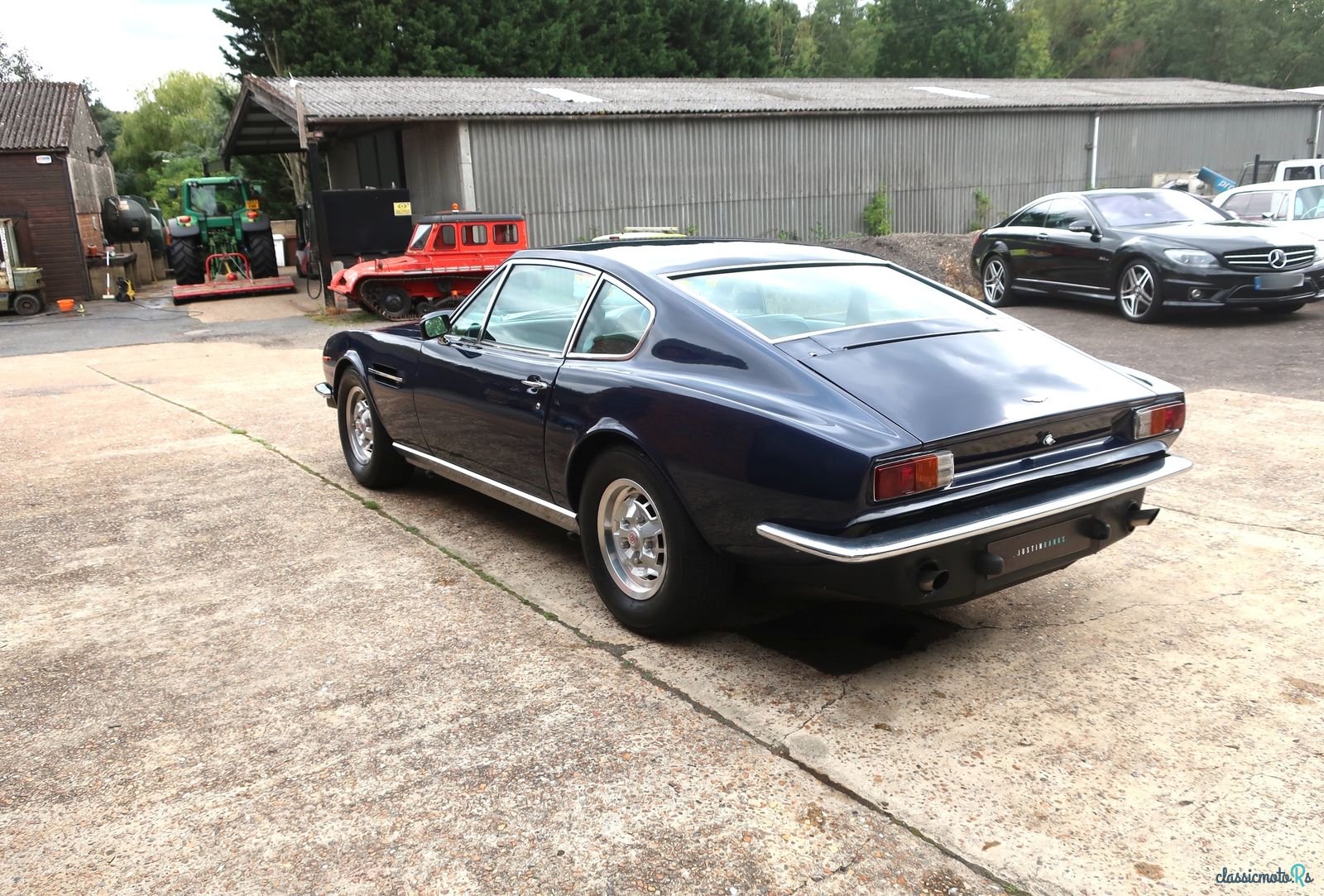
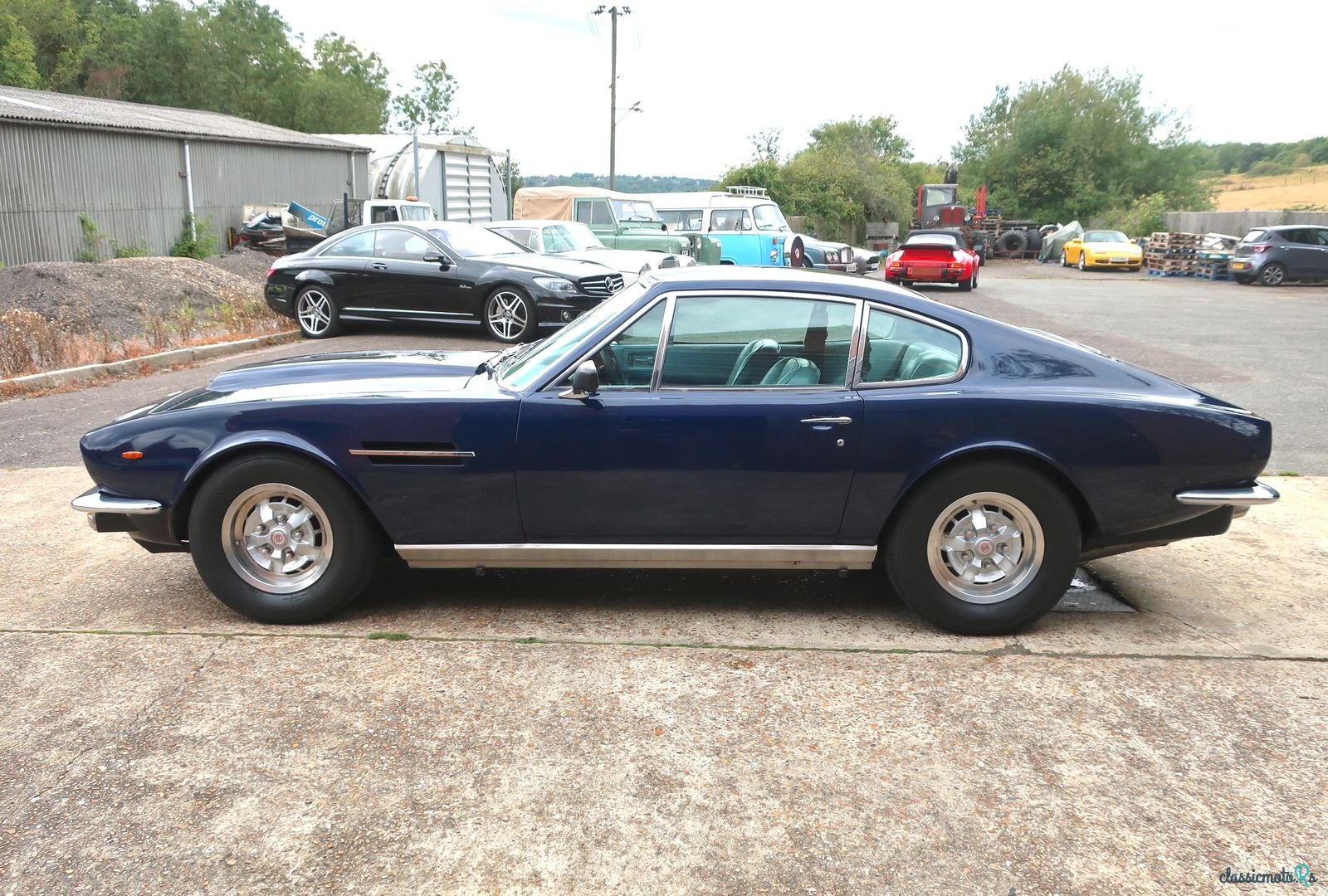
6 photos
1978' Aston Martin V8
Report This Ad!Rate This!Bookmark This
£54,995Published 4 March 2024ID: PPfLj3
Expired
1 year, 11 months ago
1 year, 11 months ago
Information from the owner
Body: Coupe
Age: 46 years
Exterior color: Blue
Interior: Air Conditioning
Seller's comments about 1978' Aston Martin V8
Here we have a lovely 1978 Aston Martin V8 Coupe, UK RHD, Automatic, finished from new in Kentucky Blue with Light Blue Leather. The car has covered 139k Miles with the most comprehensive service history you could ever hope to find. Only 5 long term owners have cherished and looked after this car, and dhe drives great, with only the drivers seat showing the years, although the previous owner preferred it that way!
"Anyone wondering why Aston Martin bother to make their own vee-8 when so many big American ones are so cheaply available need take only one look at the performance data... for the best explanation in the world. Whatever the undisclosed output of the Aston V8, it is enough to rocket this heavy car to 60mph from rest in exactly six seconds and to 100mph in only 14. 7 seconds. Much more than this, we were able to reach 138 mph from rest in a mile and on the Continent record a mean maximum speed of 161. 5 mph." - Autocar, 8 July 1971.
Although always intended to house the new Tadek Marek-designed V8, the DBS first appeared with the 4-litre six of the concurrently produced DB6. Styled in-house by Bill Towns, the four-seater DBS employed a platform-type chassis with independent suspension all round: wishbone and coil-spring at the front, De Dion with Watts linkage at the rear. Bigger and more luxuriously appointed than the DB6, the heavier DBS disappointed some by virtue of its slightly reduced performance, but there were no complaints when the V8 arrived in 1969. With an estimated 345bhp available from its 5, 340cc, fuel-injected, four-cam motor, the DBS V8 could reach 100mph in under 14 seconds, running on to a top speed of 160mph - a staggering performance in those days and one which fully justified the claim that it was the fastest production car in the world.
The acquisition of Aston Martin by Company Developments in 1972 brought with it a change of name for the V8-engined cars: out went DBS V8, in came AM V8. This new Series 2 was readily distinguishable by its re-styled front which now featured two instead of four headlamps and recalled the looks of the earlier DB six-cylinder cars. Electronic ignition and air conditioning were now standard. Introduced in 1973, the Series 3 employed a quartet of Weber 42 DCNF carburettors instead of the previous Bosch mechanical fuel injection, the change bringing with it increased torque and necessitating a larger bonnet bulge. Despite the switch, fuel economy improved and even in automatic transmission form the Weber-equipped car proved almost as quick as the preceding manual version.
This is a lovely example, with just the right amount of patina, with an incredible service history. She is finished in the perfect colours, Dark Metallic Blue with Light Blue Leather, and is ready for her new home.
"Anyone wondering why Aston Martin bother to make their own vee-8 when so many big American ones are so cheaply available need take only one look at the performance data... for the best explanation in the world. Whatever the undisclosed output of the Aston V8, it is enough to rocket this heavy car to 60mph from rest in exactly six seconds and to 100mph in only 14. 7 seconds. Much more than this, we were able to reach 138 mph from rest in a mile and on the Continent record a mean maximum speed of 161. 5 mph." - Autocar, 8 July 1971.
Although always intended to house the new Tadek Marek-designed V8, the DBS first appeared with the 4-litre six of the concurrently produced DB6. Styled in-house by Bill Towns, the four-seater DBS employed a platform-type chassis with independent suspension all round: wishbone and coil-spring at the front, De Dion with Watts linkage at the rear. Bigger and more luxuriously appointed than the DB6, the heavier DBS disappointed some by virtue of its slightly reduced performance, but there were no complaints when the V8 arrived in 1969. With an estimated 345bhp available from its 5, 340cc, fuel-injected, four-cam motor, the DBS V8 could reach 100mph in under 14 seconds, running on to a top speed of 160mph - a staggering performance in those days and one which fully justified the claim that it was the fastest production car in the world.
The acquisition of Aston Martin by Company Developments in 1972 brought with it a change of name for the V8-engined cars: out went DBS V8, in came AM V8. This new Series 2 was readily distinguishable by its re-styled front which now featured two instead of four headlamps and recalled the looks of the earlier DB six-cylinder cars. Electronic ignition and air conditioning were now standard. Introduced in 1973, the Series 3 employed a quartet of Weber 42 DCNF carburettors instead of the previous Bosch mechanical fuel injection, the change bringing with it increased torque and necessitating a larger bonnet bulge. Despite the switch, fuel economy improved and even in automatic transmission form the Weber-equipped car proved almost as quick as the preceding manual version.
This is a lovely example, with just the right amount of patina, with an incredible service history. She is finished in the perfect colours, Dark Metallic Blue with Light Blue Leather, and is ready for her new home.
